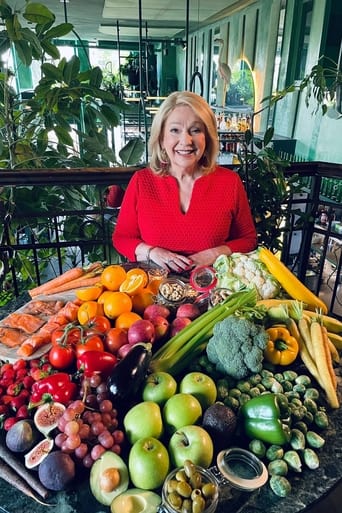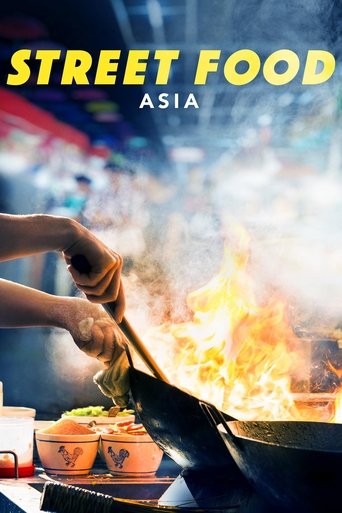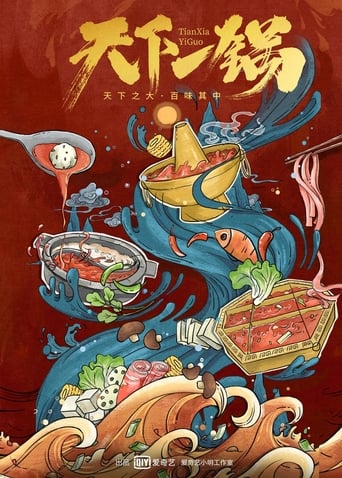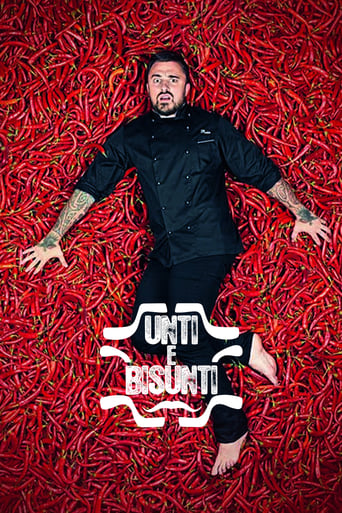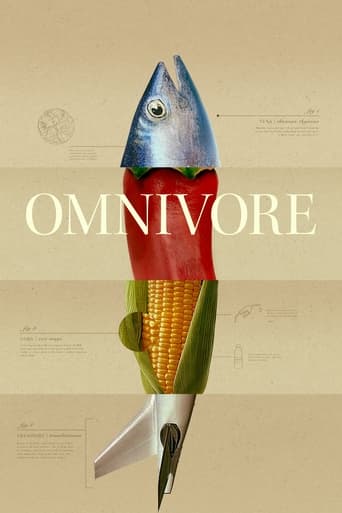
Rating:
0/10 by 0 users
Konnyaku
This time, we focus on konnyaku. This jiggly gray ingredient may have subtle flavoring, but it's an essential part of Japanese cuisine, often used in simmered and fried dishes. Konnyaku is high in fiber and low in calories and is popular for dieting. It's even been used recently to make bread, noodles, smoothies, and more. From preparation to consumption, we learn all about konnyaku, which is gaining attention around the world as a superfood.
Writing:
Release Date:
Wed, Apr 01, 2015
Country: JP
Language: En | Ja
Runtime: 28
Country: JP
Language: En | Ja
Runtime: 28
Season 5:
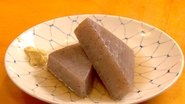
This time, we focus on konnyaku. This jiggly gray ingredient may have subtle flavoring, but it's an essential part of Japanese cuisine, often used in simmered and fried dishes. Konnyaku is high in fiber and low in calories and is popular for dieting. It's even been used recently to make bread, noodles, smoothies, and more. From preparation to consumption, we learn all about konnyaku, which is gaining attention around the world as a superfood.
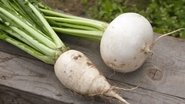
This time, we feature turnips. There are over 100 kinds produced all over Japan, but Kyoto Prefecture grows the country's largest and is known for a variety used to make pickled turnips. We visit Kyoto to discover traditional turnip cuisine, plus a pickled version made with wisdom passed down through the generations. We also feature an innovative French cuisine that puts the unique texture of turnips front and center. Discover delicious turnips, which pack in sweetness in winter.
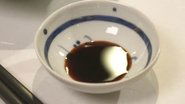
From sashimi to sushi to ramen and more, soy sauce is an essential part of Japanese cuisine. With complex, umami-packed flavor and full-bodied aroma, soy sauce is a fermented condiment made possible thanks to microbes. We visit a traditional producer to see how it's made. Plus, we get a look at soy sauce-based ramen and a renowned French chef who uses soy sauce in his dishes.
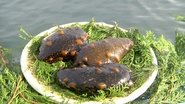
This time, we focus on sea cucumbers. When you see one of these bizarre-looking creatures, you may wonder who first thought of eating them! But they're actually considered a delicacy on the level of caviar and foie gras! They can be eaten raw, of course, and when dried, they sell for high prices abroad. Their dried innards are a perfect match with sake! Join us as we visit the harsh winter seas to see how sea cucumbers are caught, and to learn more about this winter delicacy.
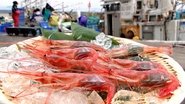
Ama-ebi is enjoyed boiled and eaten in sandwiches or salads around the world. As preparing this shrimp raw brings out its rich, sweet texture, it's commonly eaten in the form of sashimi or sushi in Japan. We explore unique fishing methods and local cuisine in Kanazawa and visit a ramen shop that makes broth using the shrimp's flavorful head and shells.
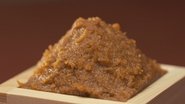
Miso is a seasoning born of a fermentation process using various bacteria. It's used to make miso soup, a Japanese soul food essential to daily dining. While miso is produced all over Japan, we go to rice-producing Yamagata Prefecture to check out a traditional production method using giant, 100-year-old barrels. A visit to a Zen temple reveals the deep connection between miso and Zen training. In the ancient capital of Kamakura, we introduce inventive dishes that breathe new life into miso.

